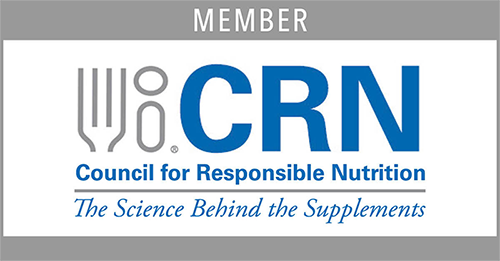Vitamin C
What is It?*
Source Type: Water-soluble vitamin
Source(s):
- Naturally found in plant foods (citrus fruits, strawberries, cabbage, broccoli, peppers, tomatoes)
- Chemically synthesized in labs
Vitamin C is a powerful antioxidant that helps protect cells from damage caused by free radicals. It is involved in collagen formation, wound healing, and iron absorption from plant-based foods. It also supports the immune system and helps the body absorb and utilize other nutrients.
Benefits*
Vitamin C is an antioxidant that helps protect cells from damage caused by free radicals. It also plays a role in supporting immune health, collagen production, and the absorption of non-heme iron. Vitamin C has been used topically (in skincare products) to reduce signs of aging and improve skin texture. Vitamin C intake is beneficial for preventing or treating vitamin C deficiency, known as scurvy.
Effectiveness*
The proper intake of vitamin C is highly effective for treating or preventing scurvy.
Vitamin C has been a popular remedy for the common cold for centuries, but research shows that vitamin C supplements do not reduce the risk of getting the common cold. However, it might help with the duration or intensity of cold symptoms.
As for topical vitamin C, the effectiveness of anti-aging products varies among individuals.
Risks*
High-dose vitamin C supplements can lead to digestive issues, including diarrhea, nausea, and abdominal cramps.
Individuals with a history of kidney stones may be at a slightly increased risk of developing kidney stones when taking high-dose vitamin C supplements.
High-dose vitamin C supplements can interfere with certain laboratory tests and medical assessments, such as glucose monitoring for diabetes and some diagnostic tests.



